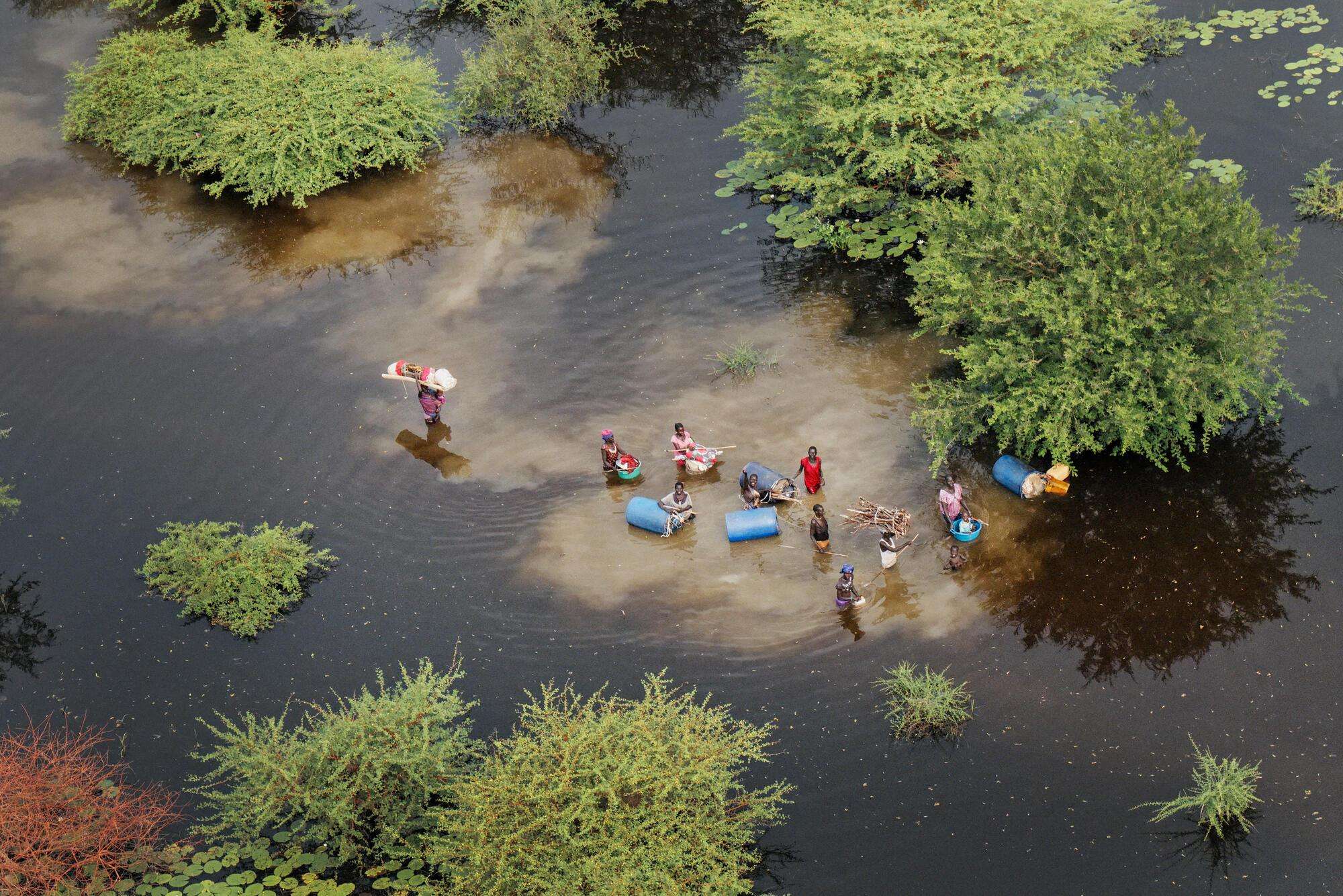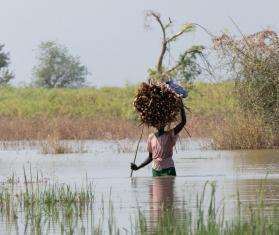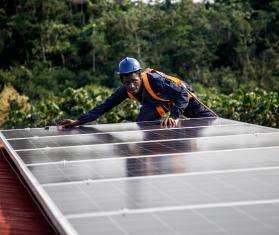As an international medical humanitarian organization, Doctors Without Borders/Médecins Sans Frontières (MSF) teams across the world respond daily to both the direct and indirect impacts of climate change and environmental degradation—and their effects on people’s health. This includes deaths and injuries caused by extreme climate events, changing patterns of infectious disease, malnutrition, food insecurity linked to droughts and high temperatures, and the loss of lives and livelihoods when communities experience heavy flooding.
Many of the communities in which MSF provides medical care are disproportionately affected by climate change since conflict, poverty, gender, and lack of access to health care can amplify climate-related risks to health. We also often see the “double injustice” of the climate crisis; those who have contributed the least to causing climate change are the most vulnerable to its effects, and those who are historically responsible for climate change have more resources to adapt.
In a new humanitarian policy brief—produced as part of the annual Lancet Countdown on Health and Climate Change report—MSF staff from a variety of backgrounds bear witness to the impacts of climate change on health, including in South Sudan, Brazil, Sierra Leone, Democratic Republic of Congo (DRC), and Nigeria. In places like these, we are adapting operations as more and more people are affected by climate change and striving to reduce our own environmental footprint.
Using climate data to anticipate malaria peaks in South Sudan
In South Sudan, malaria is one of the leading causes of childhood mortality. The disease is endemic in the country, and seasonal peaks and outbreaks can be highly variable. This presents a challenge for operational planning and preparedness.
Because of this, MSF launched its Malaria Anticipation Project (MAP) in 2021 to better support MSF teams to anticipate and respond to peaks in malaria cases. Predictive models using routinely collected malaria data and climactic indicators such as rainfall, temperature, humidity, and wind speed provide health workers early warning of outbreaks.
The project is currently being piloted in Lankien in Jonglei State, where MSF supports several health facilities. If the rollout is successful, MSF and others responding to malaria outbreaks like the South Sudanese ministry of health will be able to forecast health care activities and mobilize resources more effectively.
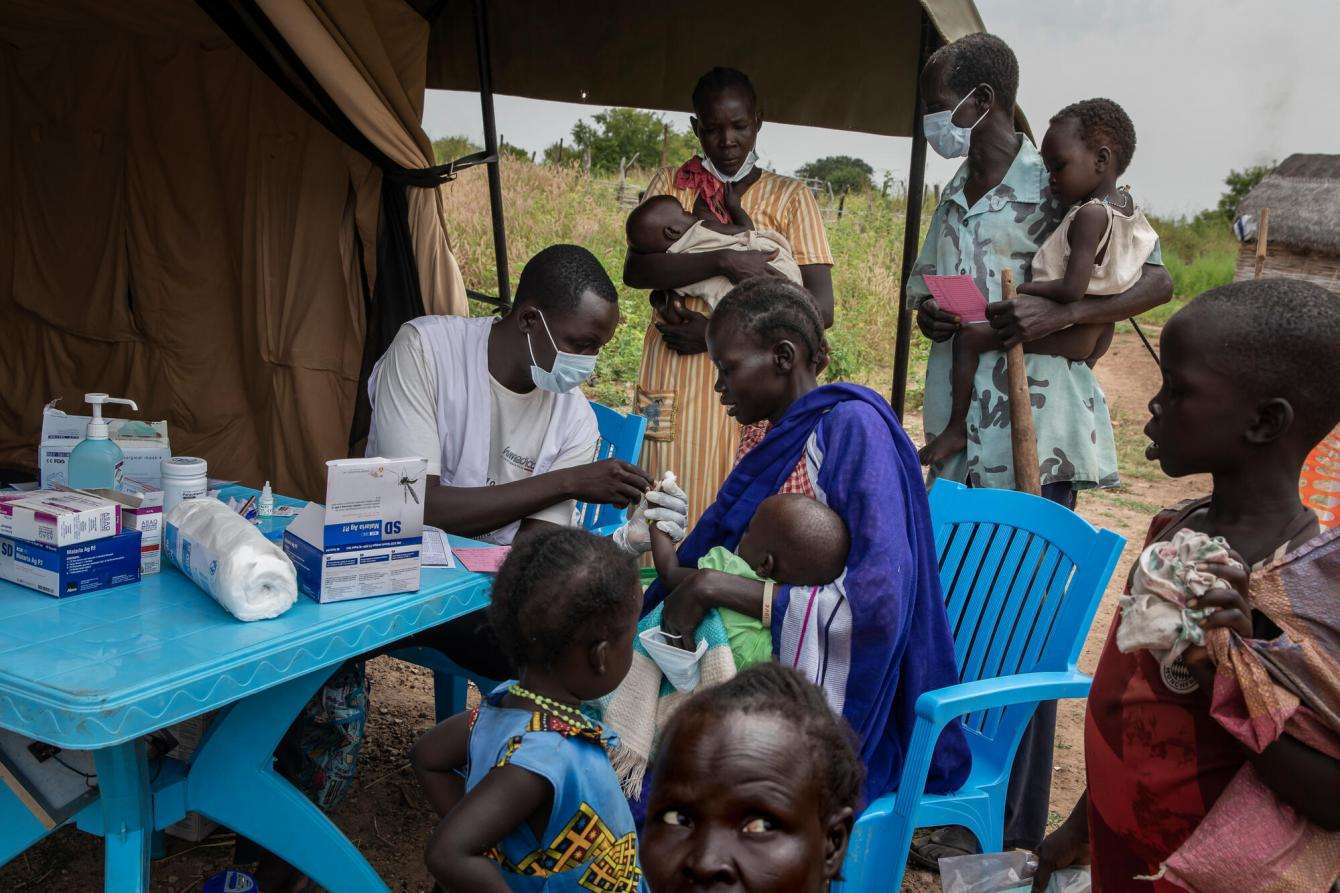
Mental health of frontline health workers in Brazil
In May and June of 2022, Brazil experienced record-breaking rains, floods, and landslides—claiming more than 130 lives, displacing around 40,000 people and wiping away entire neighborhoods. Climate change played a role in these unprecedented weather events, which took a heavy toll on people’s health.
Led by local authorities, teams in Brazil mounted a robust humanitarian response. MSF collaborated with communities and found that while many aspects of the crisis were addressed, the mental health needs of health care workers and others supporting those affected by the floods had been overlooked. In response, MSF implemented a five-week program to offer mental health and psychosocial support to nearly 500 frontline workers.
“Many frontline staff felt unsure of themselves as they responded to this unprecedented situation,” said Nádia Duarte Marini, mental health and psychosocial support focal point for Latin America for MSF’s Brazilian Medical Unit. “Exchanging with MSF psychologists experienced in disaster response validated their concerns and improved their confidence as to what to do next.”
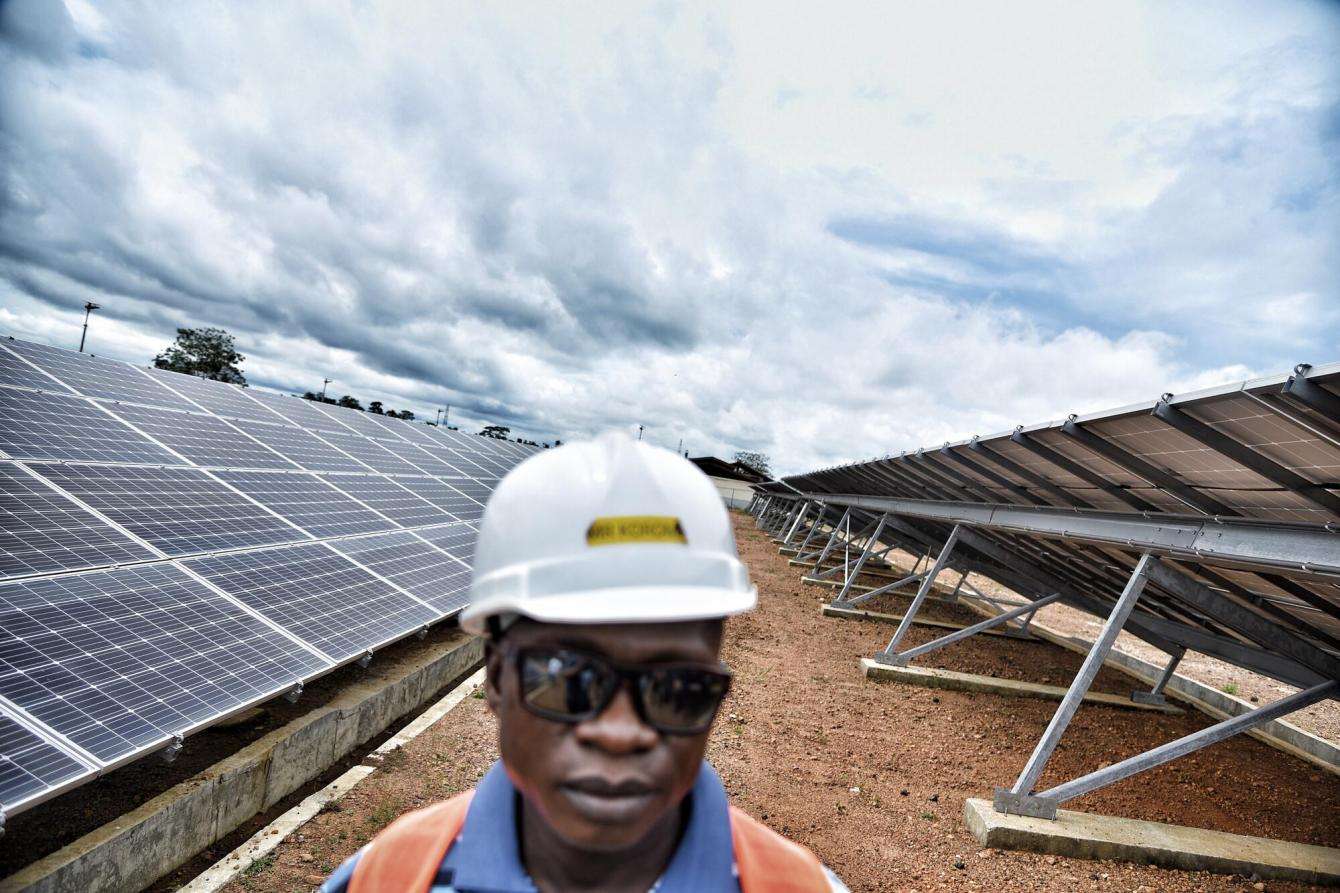
Solar-powered hospitals in Sierra Leone and DRC
In Sierra Leone—one of the countries with the highest burdens of maternal and child mortality—the loss of many health care workers during the 2014 Ebola outbreak created significant gaps in health care for rural and remote communities in Kenema District. MSF’s 182-bed hospital in the district runs on a hybrid electric system of solar energy and diesel generators.
MSF is already using solar energy in three MSF-supported hospitals in remote areas of DRC. MSF’s experience demonstrates that, even in remote places with limited infrastructure, a shift to more environmentally responsible practices is possible, and can avert tons of CO2 emissions annually.
“If we managed to shift to 100 percent solar-powered energy in a hospital in a remote part of DRC, there is no place where we cannot do it,” said Iñaki Goicolea, MSF energy and HVAC (heating, ventilation, and air conditioning) team leader. “Many communities where we work understand the importance of shifting to more sustainable energy solutions and there is a lot of local expertise to tap into.”
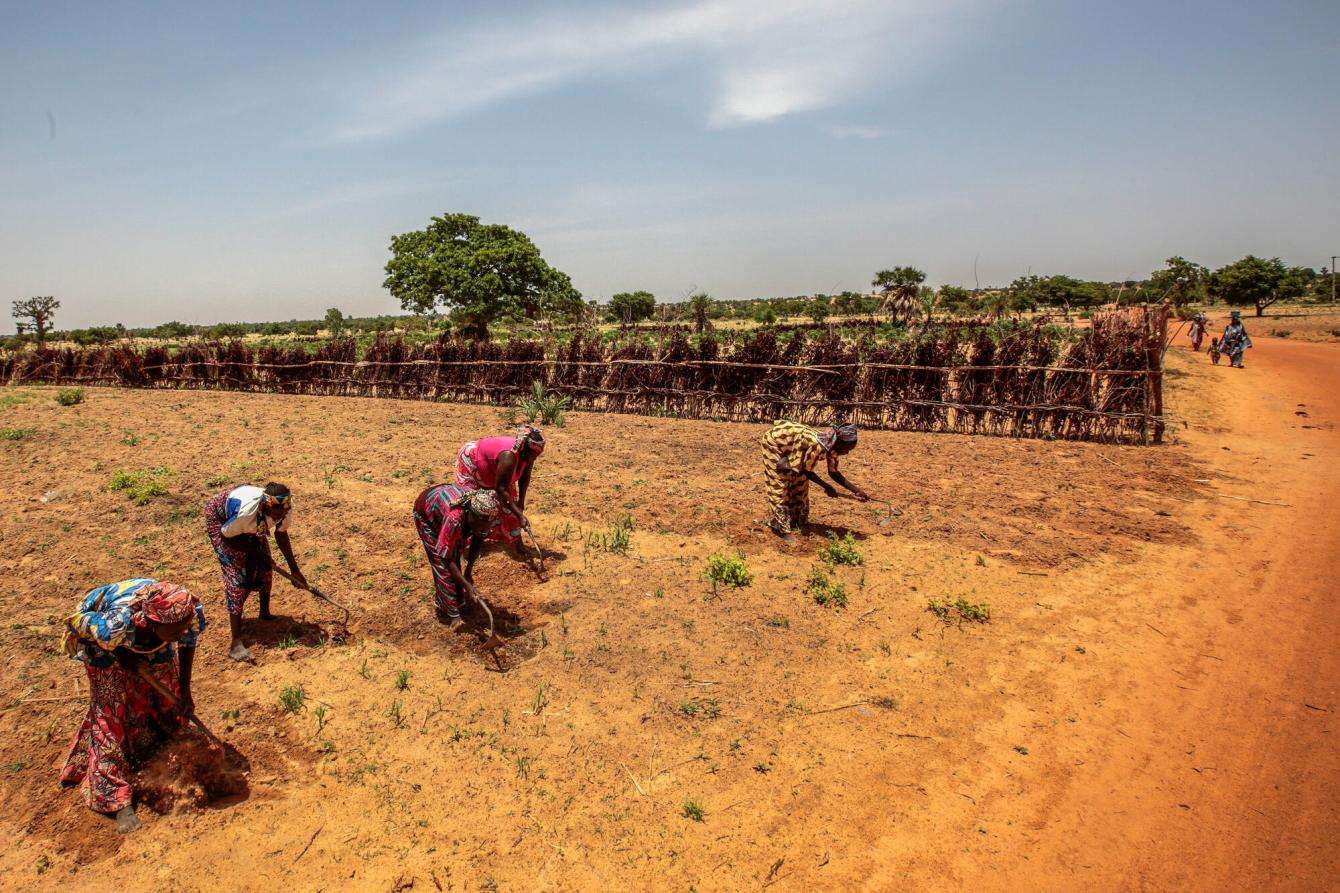
Drought, insecurity, and malnutrition in Nigeria
In northern Nigeria, changing rainfall patterns, higher temperatures, droughts, and the drying of the Lake Chad Basin have aggravated food insecurity. Competition for resources that’s likely linked to climate change among other factors has led to an increase in violence by armed groups, disrupting livelihoods and pushing people to flee their homes.
Since the beginning of 2022, MSF teams have witnessed extraordinarily high numbers of children with malnutrition in MSF’s programs located in five states across northwest Nigeria, as well as an alarming nutritional crisis in Borno state in the northeast. MSF is responding to the growing malnutrition crisis in Nigeria with medical programs for people in the most-affected regions.
